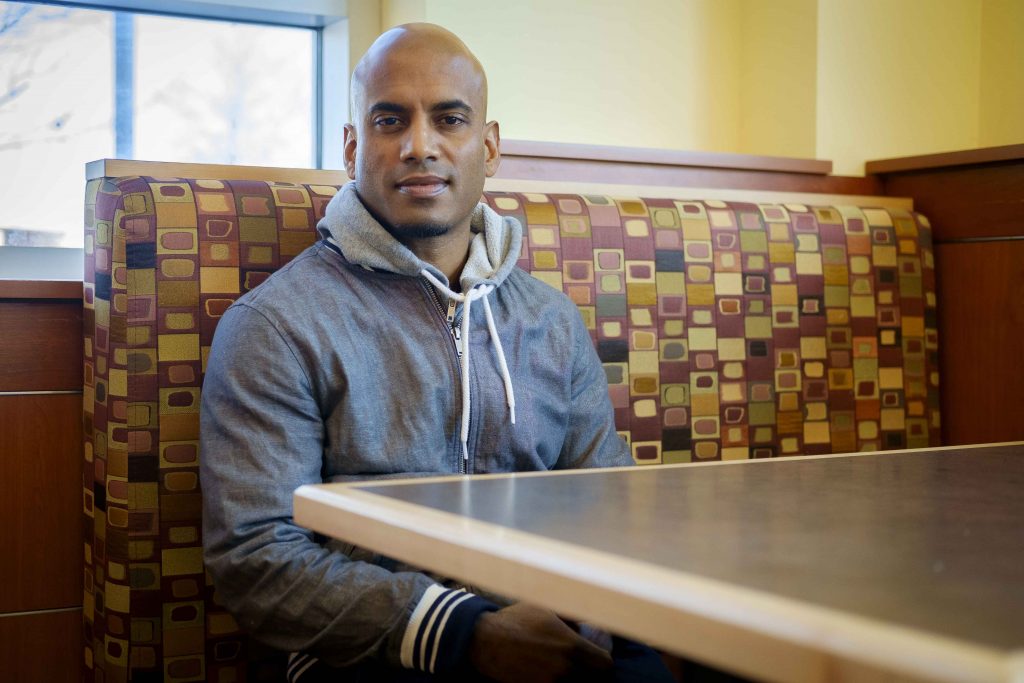
Pipe Dream sat down to interview Raj Jayadev, the co-founder and CEO of Silicon Valley De-Bug, a community-organizing organization in San Jose, California that advocates for the least visible residents of Silicon Valley and works to change the social and political landscape of the area. Through Silicon Valley De-Bug, Jayadev also works with the Albert Cobarrubias Justice Project, which developed a methodology known as participatory defense to help families and communities advocate for their loved ones in the criminal justice system. This interview has been edited for length and clarity.
Pipe Dream: What drew you to give a TED talk at Binghamton University?
Raj Jayadev: I sort of take the approach that any opportunity I have to share my work is a good one, especially if it’s at a place that hasn’t heard about participatory defense. I’m pretty much a yes man when it comes to invitations to speak.
PD: This year’s TEDx theme is “Infinity.” How does that theme tie into your work and your talk?
RJ: I think it is about changing things forever, and the work that we do in California is hopefully going to change the way justice is understood in this country forever. That’s my causal link to it.
PD: Tell me more about Silicon Valley De-Bug. How has it impacted your area, especially among communities of color?
RJ: De-Bug has been a platform for what most folks outside of Silicon Valley don’t think of when they think of Silicon Valley — the people who are often invisible. De-Bug has been organized and collected for people who maybe otherwise would have been left out of the Silicon Valley drain, or for whom it seems too far out of reach. We built a community out of that experience and to some degree are trying to democratize the concept of the Silicon Valley promise, that everyone can become everything they want to be. We have a lot of fights around economic justice and housing rights, and then all the other issues are exacerbated by that, like issues with police and issues with the criminal justice system.
PD: Tell me about your efforts to push participatory defense as a national model. What makes it so unique and why are so many places so eager to adopt it?
RJ: I think it’s being received the way it is because it’s so natural. We often say that we’re not innovating a new practice — rather, we’re promoting an instinct that already exists. The problem of mass incarceration is ubiquitous, it happens from Birmingham to Binghamton, and San Jose, so it’s everywhere. There’s a hunger to be able to do something about this problem that is separating families and communities. So when we say that there’s a solution methodology, and you have the capacity to do it, people are receptive to that, that they are agents of change. Currently, we’re in about 20 different cities, and will probably add five more by June. I think it’s going to be part of the movement of criminal justice reform going forward.
PD: What do you hope people take away from your talk?
RJ: I don’t know if every generation feels this way, but I think this is such a fork-in-the-road moment in our country, and in the time since I’ve been doing De-Bug work, I’ve never seen a moment that seems so dynamic or open to change. You look at yesterday’s [March for Our Lives] marches — these are things that are totally unprecedented in terms of scale, and what I’m hoping is that this participatory defense work is just part of that larger effort. I want people to know they can contribute to making a change, especially while we have this opening to do so.


